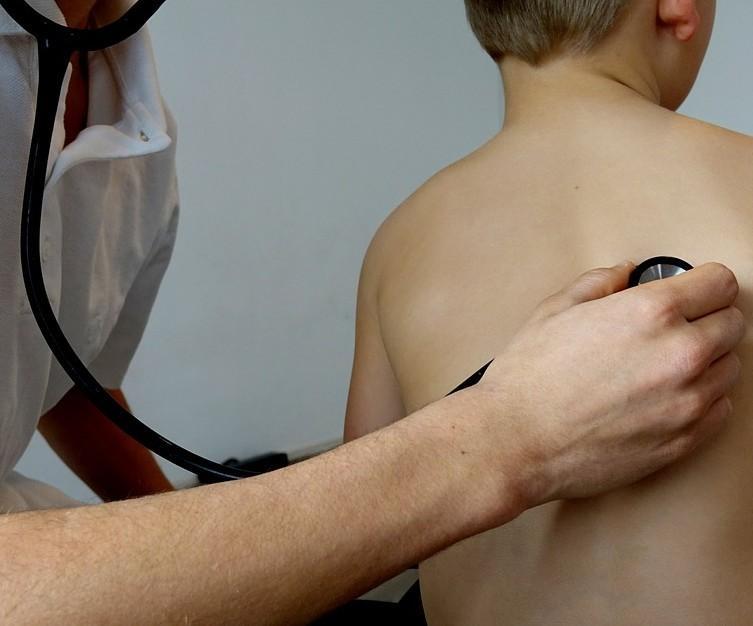When cough and back pain meet
Back pain is uncomfortable, cough too. If both symptoms come together, this can indicate overuse of the muscles. The additional symptom is then annoying, but usually harmless. The situation is different if the back pain is a sign that the annoying dry cough has turned into a serious pneumonia. It is therefore always advisable to see a doctor if you have a cough and back pain at the same time.
Is back pain associated with coughing?
A pull in the back or a sore back are not typical symptoms of colds and respiratory infections. This unpleasant side effect can occur, especially with a persistent dry cough. Long-lasting and severe coughing in particular causes the coughing muscle to be overstrained. Similar to sore muscles, this overuse is uncomfortable, sometimes even painful.
Wrong or tense posture during a coughing fit can also lead to tension and pinched nerves. The back pain is particularly unpleasant in the latter case.
If the harmless dry cough develops into pneumonia, back pain can be a sign of this. In any case, going to the doctor should be the consequence of coughing and back pain occurring at the same time.
How does coughing cause back pain?
If we have to cough, this causes a sudden contraction of the broad back muscle. This allows air to be expelled from the respiratory tract. The broad back muscle supports breathing and is therefore also referred to as the respiratory accessory muscle. With breathing techniques, exhalation is controlled with its help. The broad back muscle is a great help when coughing up secretions. That's why it's also called the cough muscle. If the latissimus dorsi is put under particular strain by excessive coughing during or after a cold, muscle soreness occurs, as with excessive training. However, this soreness is very uncomfortable and is often perceived as back pain.
If the upper body is bent too much during a coughing fit, this can lead to tension in the coughing muscle. In this case, too, back pain is the result. An upright upper body is important so that the cough muscle can work well. Correct posture during a coughing fit can therefore prevent back pain. If there is painful tension or sore muscles, the pain is particularly dominant during coughing. If the dry cough decreases, they often go away on their own.
When should sufferers see a doctor?
Cough and cold symptoms that last longer than a week without improvement should always be presented to a doctor. If you have a fever, it is advisable to consult your family doctor directly.
Cough and back pain can be common symptoms of atypical pneumonia. This form of pneumonia is usually insidious and is announced by severe headache and back pain that radiates into the arms and legs. Slight fever and a dry, solid cough without expectoration of mucus confirm the suspicion. A visit to the doctor is now unavoidable.

